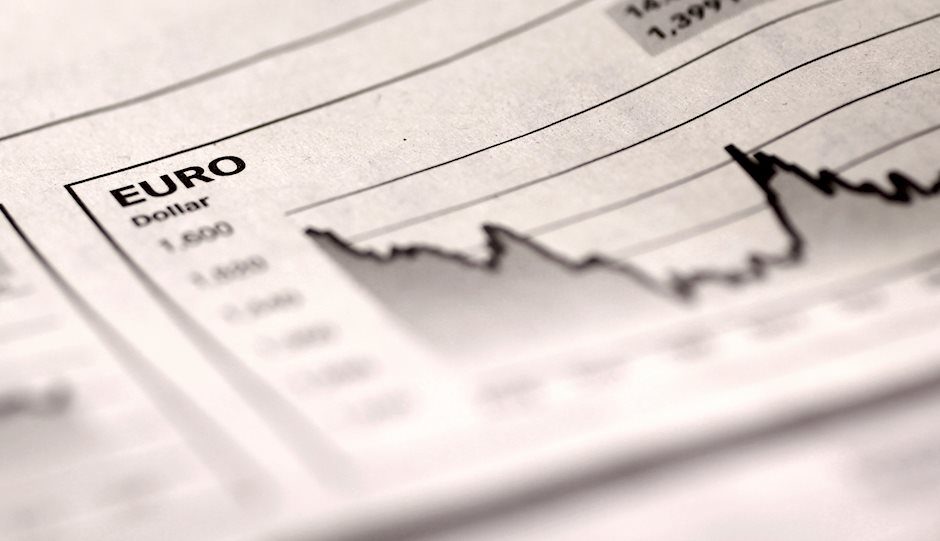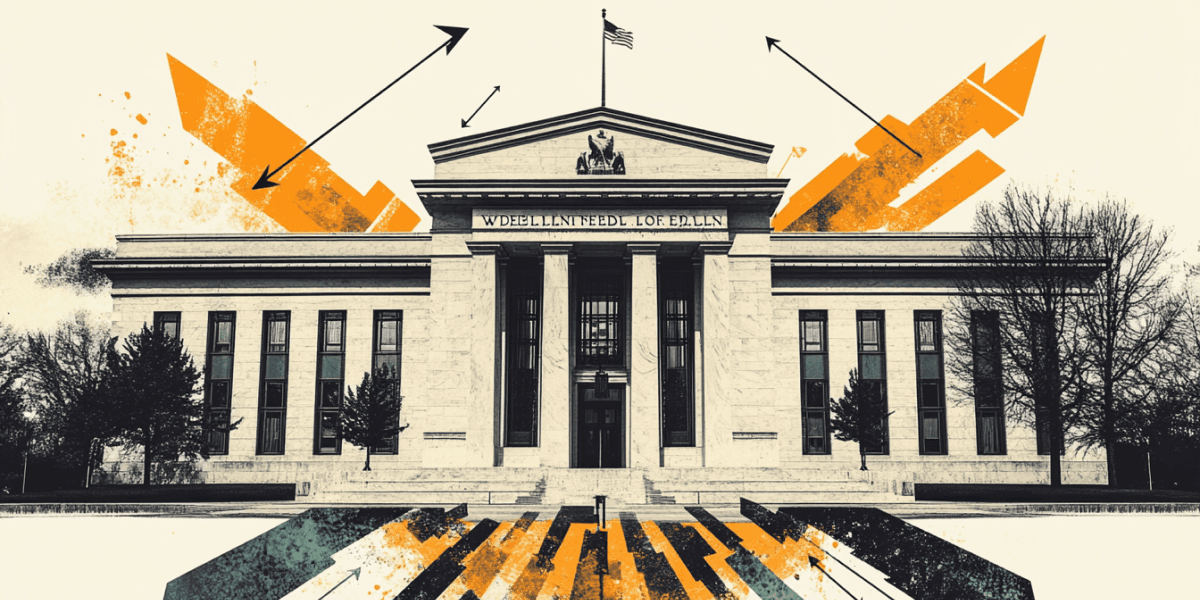EUR/USD trades with bearish bias below 1.0950 ahead of ECB rate decision
- EUR/USD weakens near 1.0935 in Thursday’s early European session.
- The ECB is anticipated to maintain rates steady at its July meeting on Thursday.
- Fed officials said the central bank is ‘getting closer’ to the first rate cut amid signs of cooling inflation.

The EUR/USD pair trades on a weaker note around 1.0935, snapping a two-day winning streak during the early European session on Thursday. The Greenback edges higher as traders turn cautious ahead of the European Central Bank's (ECB) monetary policy meeting later in the day. On the US docket, the weekly Initial Jobless Claims and Philly Fed Manufacturing Index will be released.
The ECB is expected to leave interest rates unchanged at its July meeting, awaiting further evidence of progress on inflation before adding to June’s initial cut. Market players see another rate cut in September, with futures markets showing nearly 80% odds of a rate cut. “President Lagarde’s remarks should leave the door open to a rate cut in September, albeit with softer signaling than that which preceded the June cut.” Said Bill Diviney, senior economist Eurozone at ABN Amro.
Across the pond, traders raise their bets for more aggressive rate cuts from the Fed amid signs that inflation is cooling toward the US central bank’s target. On Wednesday, Fed Governor Christopher Waller said that the central bank is ‘getting closer’ to an interest rate cut as inflation's improved trajectory and the labor market are in better balance. Meanwhile, Richmond Fed President Thomas Barkin noted that he is "very encouraged" that easing in inflation has begun to broaden and he would like to see it continue.” The dovish comments from Fed officials are likely to exert some selling pressure on the US Dollar (USD) and cap the pair’s downside.
Euro FAQs
The Euro is the currency for the 20 European Union countries that belong to the Eurozone. It is the second most heavily traded currency in the world behind the US Dollar. In 2022, it accounted for 31% of all foreign exchange transactions, with an average daily turnover of over $2.2 trillion a day. EUR/USD is the most heavily traded currency pair in the world, accounting for an estimated 30% off all transactions, followed by EUR/JPY (4%), EUR/GBP (3%) and EUR/AUD (2%).
The European Central Bank (ECB) in Frankfurt, Germany, is the reserve bank for the Eurozone. The ECB sets interest rates and manages monetary policy. The ECB’s primary mandate is to maintain price stability, which means either controlling inflation or stimulating growth. Its primary tool is the raising or lowering of interest rates. Relatively high interest rates – or the expectation of higher rates – will usually benefit the Euro and vice versa. The ECB Governing Council makes monetary policy decisions at meetings held eight times a year. Decisions are made by heads of the Eurozone national banks and six permanent members, including the President of the ECB, Christine Lagarde.
Eurozone inflation data, measured by the Harmonized Index of Consumer Prices (HICP), is an important econometric for the Euro. If inflation rises more than expected, especially if above the ECB’s 2% target, it obliges the ECB to raise interest rates to bring it back under control. Relatively high interest rates compared to its counterparts will usually benefit the Euro, as it makes the region more attractive as a place for global investors to park their money.
Data releases gauge the health of the economy and can impact on the Euro. Indicators such as GDP, Manufacturing and Services PMIs, employment, and consumer sentiment surveys can all influence the direction of the single currency. A strong economy is good for the Euro. Not only does it attract more foreign investment but it may encourage the ECB to put up interest rates, which will directly strengthen the Euro. Otherwise, if economic data is weak, the Euro is likely to fall. Economic data for the four largest economies in the euro area (Germany, France, Italy and Spain) are especially significant, as they account for 75% of the Eurozone’s economy.
Another significant data release for the Euro is the Trade Balance. This indicator measures the difference between what a country earns from its exports and what it spends on imports over a given period. If a country produces highly sought after exports then its currency will gain in value purely from the extra demand created from foreign buyers seeking to purchase these goods. Therefore, a positive net Trade Balance strengthens a currency and vice versa for a negative balance.
Author

Lallalit Srijandorn
FXStreet
Lallalit Srijandorn is a Parisian at heart. She has lived in France since 2019 and now becomes a digital entrepreneur based in Paris and Bangkok.
















